Peter Iwers on his final record with In Flames, Battles
Reflecting on "20 years of fun"
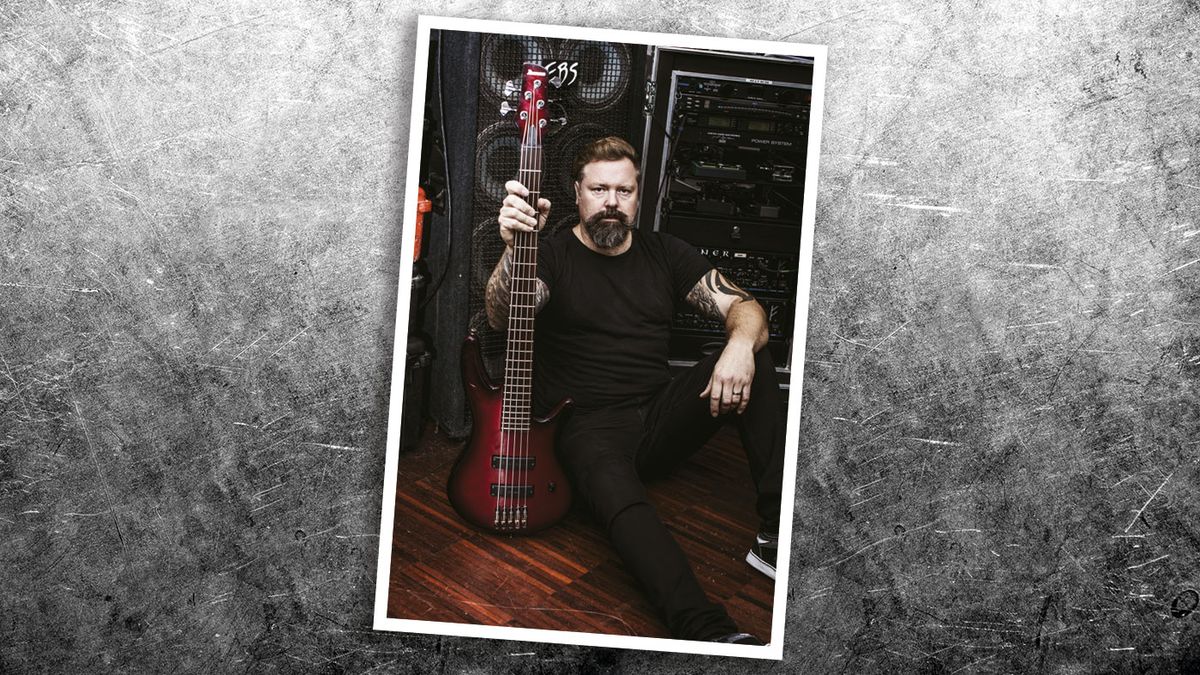
Peter Iwers walks us through his final recordings as a member of In Flames and reflects on two decades of metal mastery…
On November 29 of last year, In Flames bassist Peter Iwers announced he would be leaving that band after “almost 20 years of fun”.
In that time, the Gothenburg melodic death metallers had become celebrated as the originators of a new heavy sound which rippled across America as the millennium dawned, influencing an entire wave of younger bands that continue to thrive to this day.
Here, the bassist gives his final interview just days before the announcement, looking at what we’d soon find were his farewell recordings on the band’s twelfth full-length, Battles.
That’s the thing about music, it never stops inspiring people, regardless of their age or how old it is
“I came into the process really late this time,” he begins. “I went to America and sat down with our engineer Mike Plotnikoff. He was like, ‘Hey! Nice to meet you - so are you good to go?’ And I’d only heard a few song structures, I didn’t know most of the arrangements and hadn’t learned anything at all, really.
“Basically, I improvised my way through the whole thing! I wouldn’t say the entire record was done in one take, but there definitely was a lot of improvisation. I usually only leave five per cent for that stuff; in general, I am very prepared. So this felt like a different sort of challenge, and I had a great time doing it.”

Björn Gelotte talks In Flames' legacy, rare Marshalls and why all guitarists should play drums
Much of the bass tone heard on Battles comes from an Ibanez Prestige “that’s probably the best instrument I’ve ever tried” which was fed into an EBS Fafner II head, and blended against signals through an Ashdown LoMenzo HyperDrive Distortion and MXR Bass DI+.
Get the MusicRadar Newsletter
Want all the hottest music and gear news, reviews, deals, features and more, direct to your inbox? Sign up here.
“I’ve had that James LoMenzo pedal for nearly 10 years now,” reveals Iwers. “It has a really high output and I dial it in quite high pitched. Then I have the MXR DI set on the total opposite, with much more low end, and I blend the two distortions together on top of the EBS.
“We also used a Kemper Profiler here and there, just to reamp certain parts. I’m quite untraditional as a player, I don’t think too much and I don’t want to be too busy. That takes away from the magic of being a bass player. I like filling out the empty spaces, to be honest. If you play too fast or too much, you don’t have as much time to enjoy the music yourself.”
Fanning the 'Flames
Looking back on his achievements, the bass player still lives in awe of just how much noise across the pond his group would be responsible for, alongside fellow Gothenburg melodeath originators At The Gates and Dark Tranquillity. Many of today’s metal bands would be more than happy to admit they simply would not have existed without In Flames.
“It’s amazing, I still have a hard time believing it every time I hear someone say it,” says Iwers. “They pay us a huge compliment and, to be honest, quite often I’m a fan of their music as well - especially with Trivium and Killswitch Engage. I’m actually always excited to hear what they’re coming up with.
We have our heroes too - I’ll never forget the time that Steve Harris came into our dressing room to tell us he liked what we were doing
“That’s the thing about music, it never stops inspiring people, regardless of their age or how old it is. And we have our heroes too - I’ll never forget the time that Steve Harris came into our dressing room to tell us he liked what we were doing. I have never been more starstruck.”
Perhaps like the rest of us, Steve was wondering if there was something in the water surrounding Gothenburg?
“Yeah, there definitely must have been something,” chuckles Iwers. “The city is really small, so all the bands knew each other growing up. We shared free rehearsal spaces in the local youth centres, and I think we all influenced each other musically, everyone would support and help each other out.
“At The Gates were the first to make a name for themselves abroad, and everyone was so proud - like a family. We’d listen to music and throw parties together - each band would do their own style of heavy, but there was almost an inbred thing going on. We just had no idea it would ever get this big.”
Since this interview, the bassist has revealed he has been working on a new project with founding In Flames guitarist Jesper Strömblad, who himself left the band in 2010. Watch this space, indeed.
Battles is out now on Nuclear Blast.


Amit has been writing for titles like Total Guitar, MusicRadar and Guitar World for over a decade and counts Richie Kotzen, Guthrie Govan and Jeff Beck among his primary influences. He's interviewed everyone from Ozzy Osbourne and Lemmy to Slash and Jimmy Page, and once even traded solos with a member of Slayer on a track released internationally. As a session guitarist, he's played alongside members of Judas Priest and Uriah Heep in London ensemble Metalworks, as well as handling lead guitars for legends like Glen Matlock (Sex Pistols, The Faces) and Stu Hamm (Steve Vai, Joe Satriani, G3).


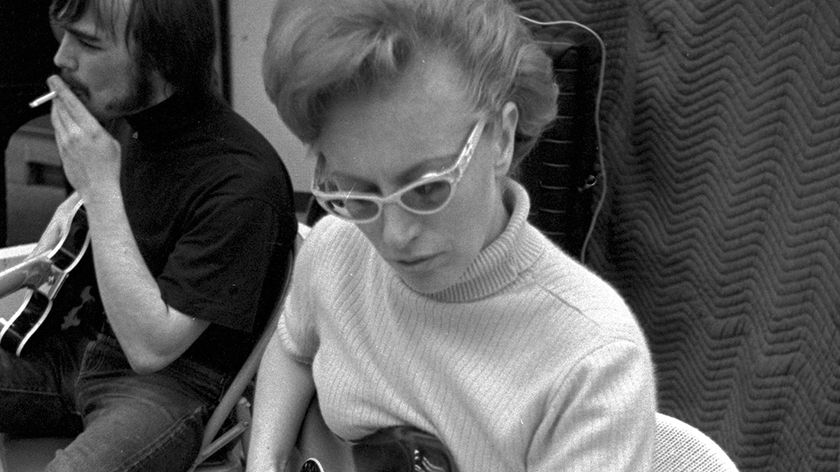
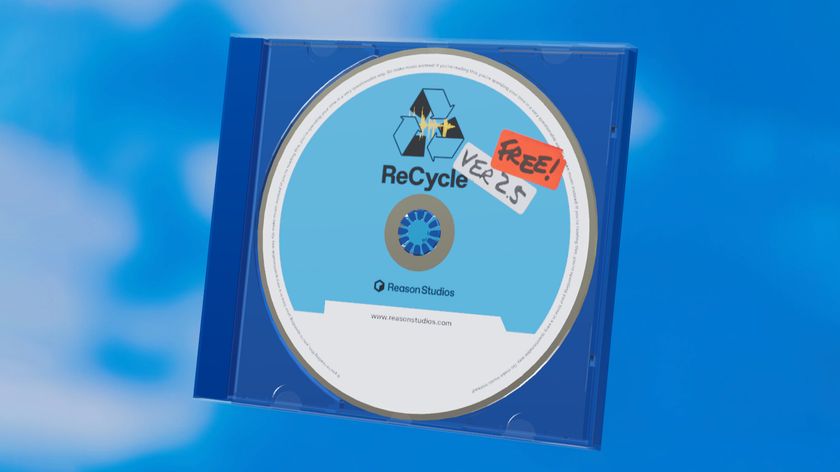


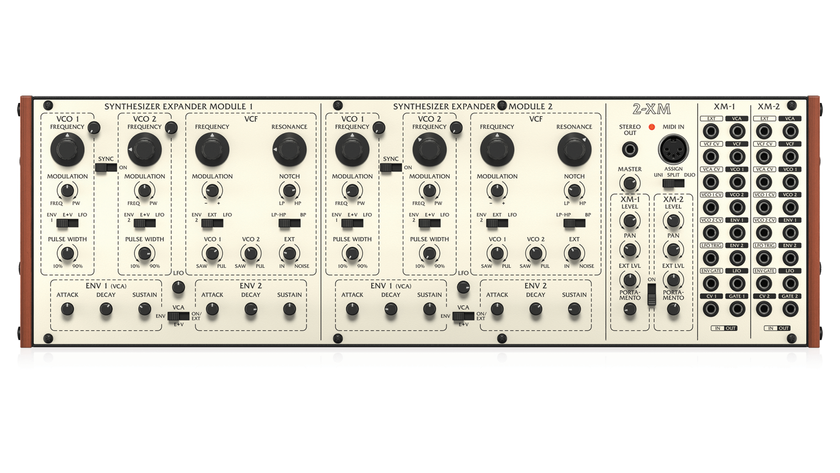
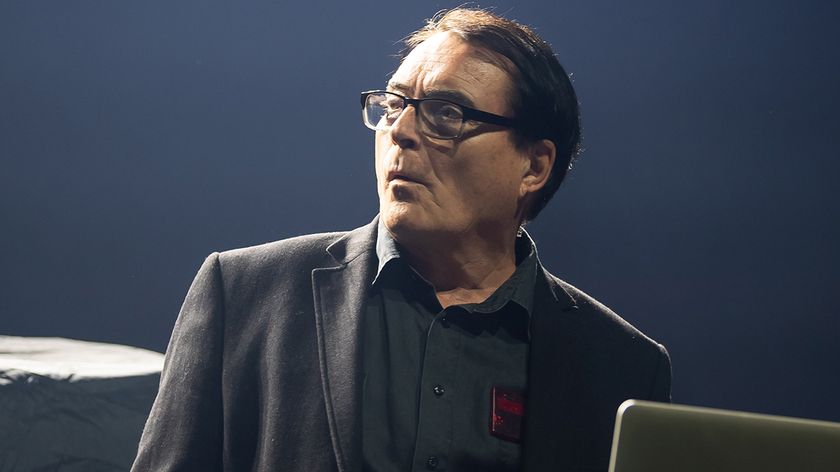

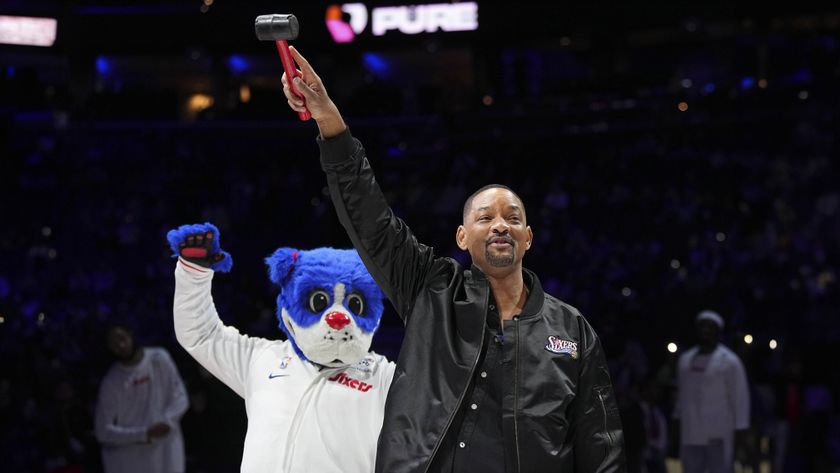


![Chris Hayes [left] wears a purple checked shirt and plays his 1957 Stratocaster in the studio; Michael J. Fox tears it up onstage as Marty McFly in the 1985 blockbuster Back To The Future.](https://cdn.mos.cms.futurecdn.net/nWZUSbFAwA6EqQdruLmXXh-840-80.jpg)